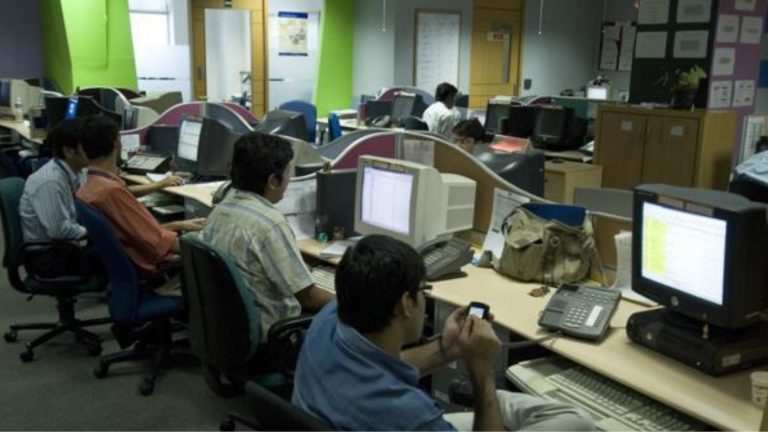The Karnataka government is reportedly planning to include technology companies in labour regulations from May 2024, concluding the exemption that this industry has benefitted from for many years according to media reports.
On 25 January 2014, the state government issued a notification exempting companies from The Industrial Employment (Standing Order) Act, 1946. This exemption was further extended for an additional five years on 25 May 2019.The relaxation is set to end in May next year, unless extended for an additional duration.
According to official statistics, around 1.2 million men and 600,000 women are employed in the 8,785 companies operating in the fields of information technology and biotechnology in the state.
The labour department has pointed out issues such as random dismissal, ID blocking, large-scale downsizing, prolonged working hours, and sexual harassment at the workplace as a reason for revisiting the relaxation.
Karnataka has granted exemptions to IT, ITeS, business process outsourcing, and knowledge process outsourcing firms from labour regulations. This move, which acknowledges these sectors as emerging industries, aimed to boost their development not only in Bengaluru but throughout the entire state.
If the concession ceases, the regulations will apply to tech firms, enabling labour officials to police retrenchment, closure and layoffs in the IT sector, just as in any other sector.
Karnataka Labour Minister Santosh Lad was quoted as saying by The Economic Times that the tech sector has been enjoying exemptions for several years.
Also read: Litmus test for humans as GenAI starts taking away entry-level jobs
“A proposal to not extend it came before me in 2016 also, when I was the labour minister. I have come across instances of unfair termination, and such employees find it very difficult to get another job,” he said.
He also mentioned that there were instances of sexual harassment in the workplace, for which the labour department served as the appellate authority.
“I will call all stakeholders, hear their views, and the government, in its wisdom, will take an appropriate decision. It is high time we revisited this (exemption),” Lad was quoted as saying by ET.
The minister stated that he won’t take any immediate action, but will proceed with further steps only after consultation with the chief minister.
G Manjunath, the additional labour commissioner for industrial relations, stated that the exemptions initially implemented in 2014 were extended due to requests from the industry.
He stated that the standing order precisely defines the working and service conditions of employees, mandating businesses to follow certain protocols prior to terminating an employee’s service.
The standing order will safeguard employees in the tech sector under both the Industrial Employment Standing Orders Act of 1946 and the Industrial Disputes Act of 1947.
The regulations will keep a check on fly-by-night operators also once the exemptions cease, Manjunath said.
Officials from the Labour department reported a rise in employee terminations by firms following the Covid-19 outbreak. They stated that the purpose of the regulations is to safeguard the job stability of workers.
Last month, at the Bengaluru Tech Summit, Chief Minister Siddaramaiah highlighted that Karnataka is the base for around 5,500 IT-ITeS firms and around 750 multinational corporations.
He emphasised the state’s significant role in the success of the sector, attributing a contribution of roughly $85 billion to the country’s exports.
Stay connected with us on social media platform for instant update click here to join our LinkedIn, Twitter & Facebook



































